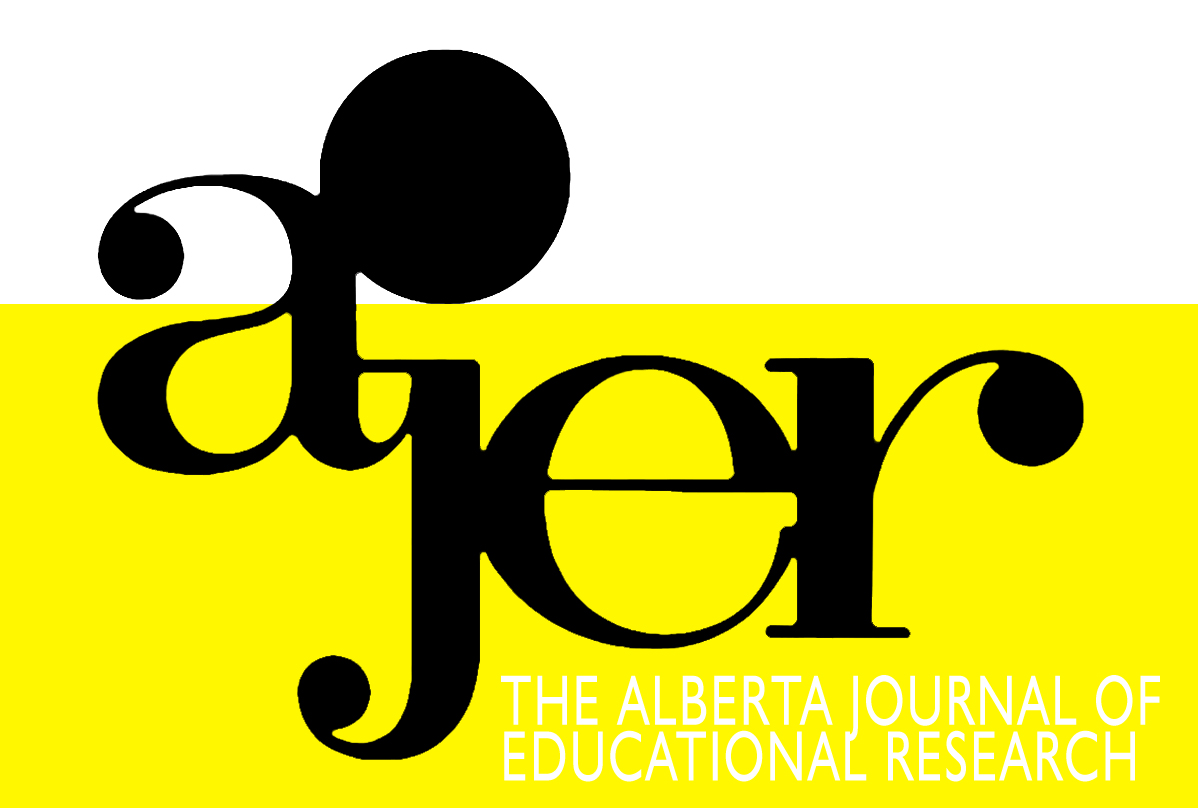Parental Characteristics and the Achievement Gap in Mathematics: Hierarchical Linear Modeling Analysis of Longitudinal Study of American Youth (LSAY)
DOI:
https://doi.org/10.55016/ojs/ajer.v61i3.56065Keywords:
Multilevel Modeling, Achievement Gap, Mathematics, Mots clés, modélisation à niveaux multiples, écart de rendement, mathématiquesAbstract
One of the most salient problems in education is the achievement gap. The researchers investigated the effects of parental education and parental occupations in science, technology, engineering, mathematics, or medical professions (STEMM) on the achievement gap in mathematics. Because students were nested within schools, two-level Hierarchical Linear Modeling (HLM) was the main analysis. Findings were consistent with another Multilevel Modeling analysis, that is, parental characteristics such as parental education had a positive effect on student achievement (Teodorovic, 2012). Moreover, parental occupations in STEMM had a positive effect on student mathematics achievement.
L’écart de rendement constitue un des problèmes les plus importants en éducation. Les chercheurs ont étudié les effets de l’éducation et de la profession des parents en sciences, technologie, ingénierie, mathématiques et médecine (STIMM) sur l’écart de rendement en mathématiques. Puisque les élèves étaient emboités dans les écoles, l’analyse repose sur un modèle de régression linéaire hiérarchique à deux niveaux. Les résultats correspondent à ceux d’une autre analyse basée sur la modélisation à niveaux multiples qui indique que les caractéristiques des parents telles leur éducation a eu un effet positif sur le rendement des élèves (Teodorovic, 2012). De plus, quand la profession des parents est reliée à STIMM, le rendement en mathématiques de leurs enfants a eu meilleur.
Downloads
Published
Issue
Section
License
UNIVERSITY OF ALBERTA COPYRIGHT LICENSE AND PUBLICATION AGREEMENT
If accepted, authors will be asked to sign a copyright agreement with the following points:
A. Where there is any inconsistency between this Copyright License and Publication Agreement and any other document or agreement in relation to the same subject matter, the terms of this Agreement shall govern.
B. This document sets out the rights you are granting in relation to publication of your article, book review, or research note entitled (the “Article”) through inclusion in the academic journal titled Alberta Journal of Educational Research (the “Journal”) published through the Faculty of Education, representing the Governors of the University of Alberta (the “Journal Editor”).
C. There will be no payment to you for this publication and grant of rights. In consideration of the agreement to publish the Article in the Journal:
1. You are warranting that:
- the content of the Article is your original work, and its content does not contain any material infringing the copyright of others; or, where the Article is not entirely your original work, you have obtained all necessary permissions in writing to grant the rights you are giving in this agreement;
- the content of the Article does not contain any material that is defamatory of, or violates the privacy rights of, or discloses the confidential information of, any other person;
- the Article has not been published elsewhere in whole or in part, and you will not allow publication of the Article elsewhere without the consent of the Journal Editor;
- the names of all co-authors and contributors to the Article are:
2. You agree to license the copyright in the Article to the Journal Editor, on a worldwide, perpetual, royalty free basis; and to the extent required by the terms of this agreement. You shall retain the right at all times to be acknowledged as the/an author of the Article.
3. You further agree that the Journal Editor has the entitlement to deal with the Article as the Journal Editor sees fit, and including in the following manner;
- The right to print, publish, market, communicate and distribute the Article and the Journal, in this and any subsequent editions, in all media (including electronic media), in all languages, and in all territories, ing the full term of copyright, and including any form of the Article separated from the Journal, such as in a database, abstract, offprint, translation or otherwise, and to authorize third parties to do so;
- The right to register copyright of the Journal;
- The right to edit the Article, to conform to editorial policy as the Journal Editor sees fit.
4. If any co-author or contributor to the Article does not sign this agreement, the Journal Editor reserves the right to refuse to publish the Article.



